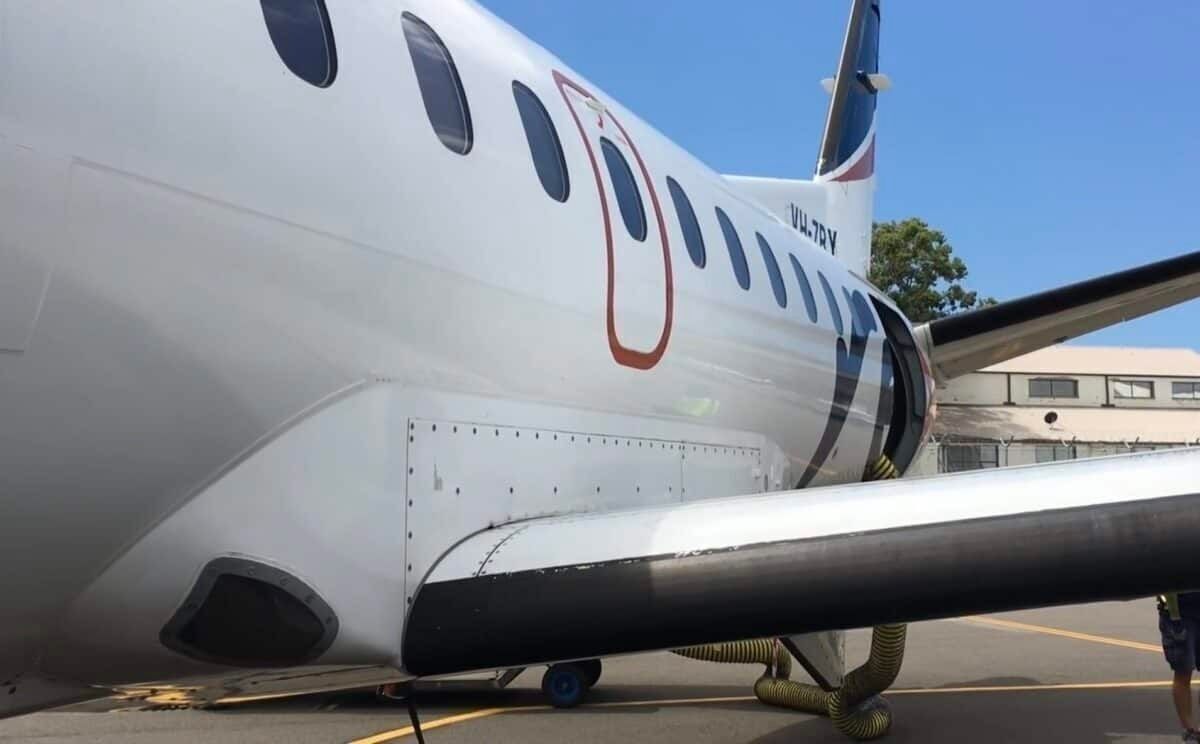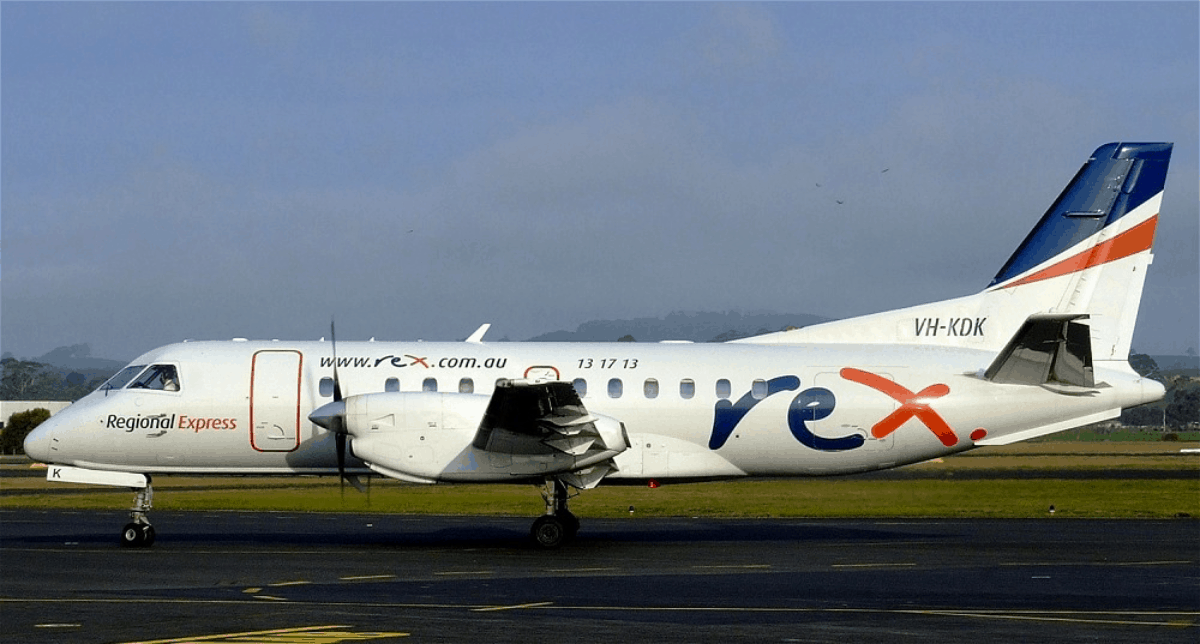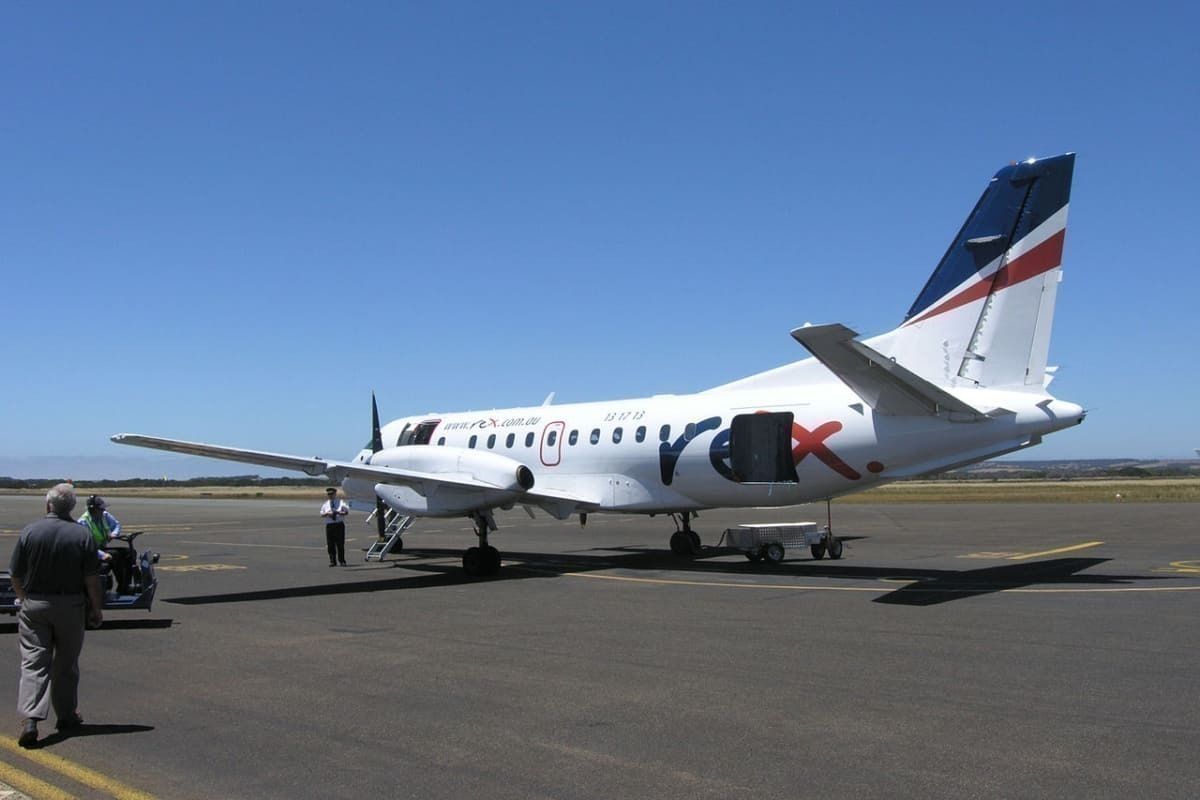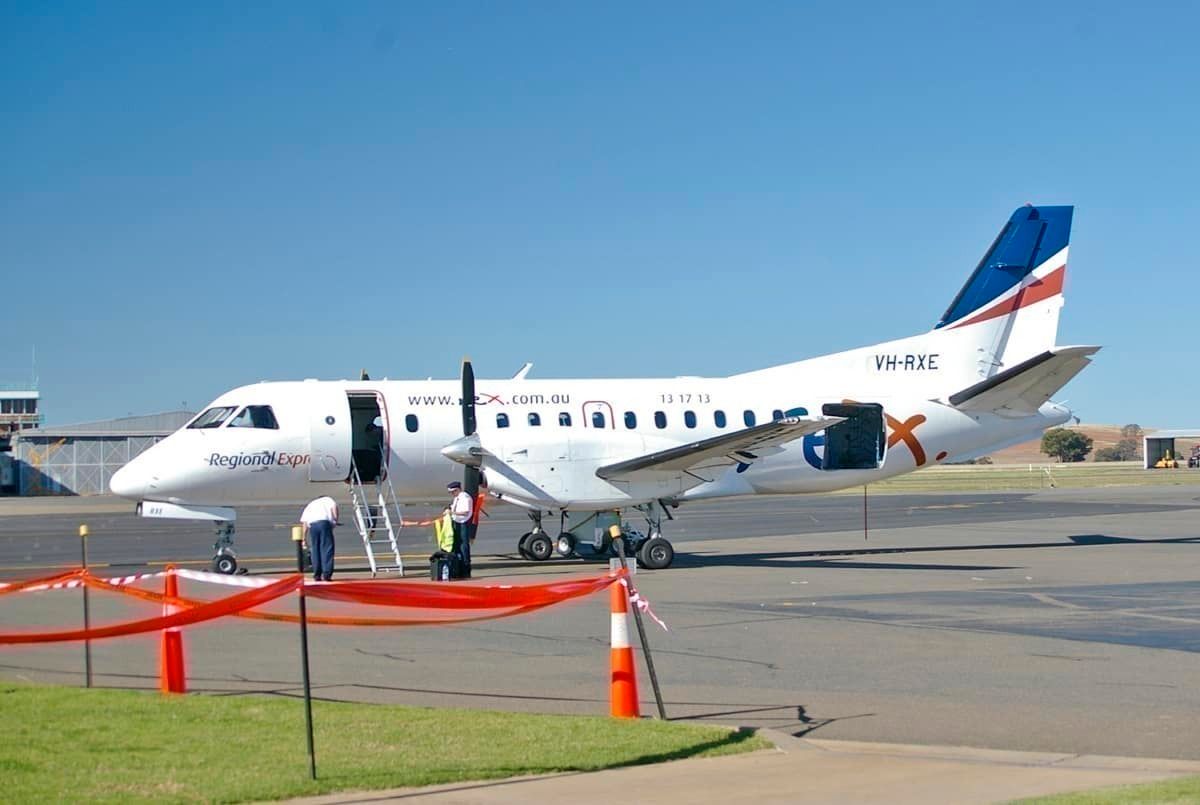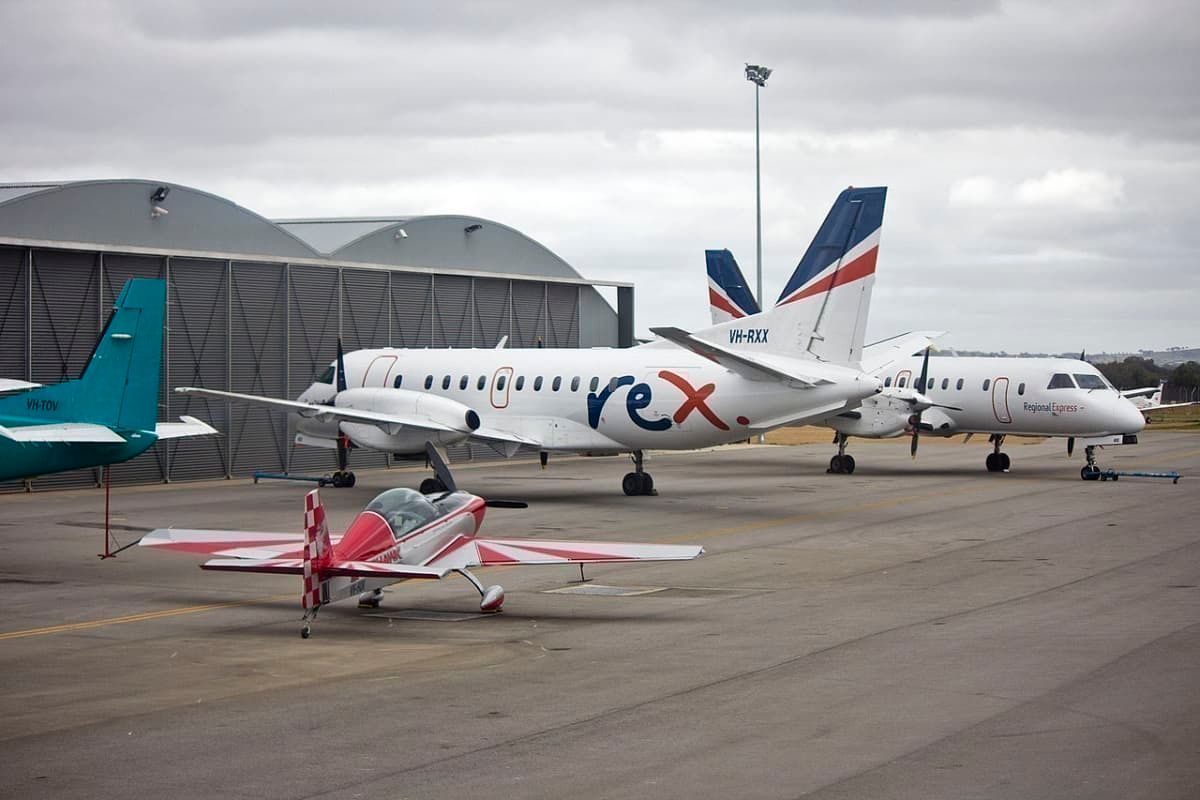It has been a big week so far for Australia's Regional Express (Rex). Yesterday, the airline made a splash when it announced it would begin operating jets on lucrative Australian trunk routes. But it hasn't been all fun in the media sun for Rex, with reports of political favoritism and cronyism.
The Australian Broadcasting Corporation's Four Corners program yesterday suggested Rex has received favorable treatment at the expense of other local airlines. Rex is said to have deep political connections and influence in Australia's capital, Canberra.
Stay informed: Sign up for our daily aviation news digest.
A small airline with a big political footprint
With a fleet of Saab turboprops, Rex flies connects rural and regional towns to Australia's capital cities. Maintaining air connections to rural and regional towns is a hot button political issue. Politicians recognize this. As the Four Corners program noted last night, that makes Rex a small airline with a big political footprint.
"I think they went from being the only airline in the world on the brink of bankruptcy to announcing expansion plans during COVID," Virgin Australia's CEO Paul Scurrah said.
Rex has received around US$55 million in grants from the Australian Government. In contrast, Virgin Australia has received nothing.
Virgin Australia was eligible to receive grants under the government's $491 million Australian Airline Financial Relief Package. But those grants were contingent on flights continuing to operate.
"You only get that benefit [the grants] if you are flying, and when we became almost grounded like Qantas did as well, it was of no benefit," says Paul Scurrah.
A cool $55 million in direct grants for Rex
As a regional airline, Rex received government assistance under a different program to the Australian Airline Financial Relief Package. Regional airlines became eligible for grants under a $206 million Regional Aviation Rescue Initiative. That included $69 million to underwrite regional flights directly.
As the biggest regional airline in Australia, Four Corners reports Rex has trousered $55 million in grants from the Australian Government. That's a big windfall for a carrier to normally operates on threadbare budgets. In the 12 months to 30 June 2019, Rex posted a profit after tax of just $12.2 million.
Immediately before the announcement of the grants, Rex threatened to stop flying, even declaring force majeure on some already government-subsidized routes. The airline has a history of splenetic media releases when things do not go its way.
But nothing for Virgin Australia
In contrast, before Virgin Australia collapsed, it approached the Australian Government eight times for emergency funding, seeking up to $960 million in loans.
But the government rebuffed the airline. On the day Virgin Australia collapsed, Australia's Treasurer, Josh Frydenberg, said at a media conference.
"The government was not going to bail out five large foreign shareholders with deep pockets, who together own 90% of this airline."
Singapore Airlines, Etihad, HNA, and the Nashan Group each had around a 20% shareholding in Virgin Australia. The Virgin Group had a 10% shareholding.
Following Virgin Australia's collapse in April. The airline has since been sold and will continue to fly. However, the big foreign shareholders will be out of pocket.
But as Four Corners reported, Rex is also foreign-owned, and unlike Virgin Australia, it has enjoyed some financial uplift during COVID-19. Singaporean interests own Rex. Its chairman, Kim Hai Lim owns 17.2% of the airline. Various other Singaporean interests hold significant shareholdings in Rex.
Rex denies favorable treatment from the Australian Government
Rex's deputy chairman, John Sharp, denies Rex received favorable treatment from the Australian Government. John Sharp was a member of the National Party and formerly Australia's Minister for Transport and Regional Development in a Liberal / National Coalition government. That Coalition government remains in power in Australia.
"They're [the government] not supporting John Sharp, they're supporting regional communities," Mr Sharp said in response to suggestions of political favoritism.
Michael McCormack, current Deputy Prime Minister and a member of the National Party, rejects any allegations of cronyism. Despite this, suspicions of political favoritism persist.
Suspicions of favoritism persist
"One of the things I've learned from this is that we didn't have the deep ties into Canberra that other parties in this industry have," says the Virgin Australia CEO in reference to Rex.
"From our perspective, if he [John Sharp] were able to do that [achieve a more favorable outcome from Canberra because of his political connections], we would ask for proportionate support as well.
"We don't object to the sector getting support. We just want it to be fair across all parties."
Both Rex and the National Party reject any suggestions of favoritism. The National Party traditionally represents rural constituencies, and that's where Rex flies too. It seems the current times, while disadvantageous to most airlines, is propelling Australia's largest regional carrier onto bigger and better things.

